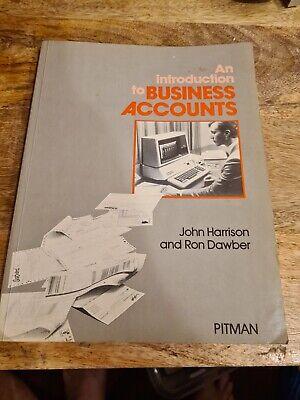
Case: Cost System Considerations for CANADA SNOWCONES LTD. Canada Snowcones Ltd. (CSL) owned and operated 20 retail frozen yogurt stores spread throughout Southern Ontario, from Toronto to Windsor. CSL's stores sold only high quality, premium frozen yogurt. They offered an assortment of 35 different frozen yogurt flavours. A significant amount of the CSL flavours were special, such as "Peanut Butter Bacon", "Charcoal-Sush!", and "Tropical Cheese Sensations". However, CSL also sold a few of the classic frozen yogurt flavours, such as vanilla, milk chocolate, mint, and other singular fruit flavours. While some of the flavours were very popular, there were also some of the more peculiar flavours that had low total sales in terms of units. CSL produced its own frozen yogurt. The founder of the company, Samantha Reynolds, had originally made the yogurt in her basement. But eventual growing demand led to Samantha renting part of factory for CSL's production. As CSL grew, Samantha was able to afford automated but more costly production equipment that blended the flavours and packaged the liquid frozen yogurt for freezing. CSL's most significant production costs were for raw materials, particularly yogurt, brown sugar, and the special flavour ingredients, and for the purchase, operation, and maintenance of production equipment All of CSL's products had the same retail price, as customers could choose or combine any flavours by scoops. Samantha set the prices to generate, on average, a markup of 100% on average full production costs. CSUS 2019 budget included manufacturing overhead (MOH) of $450,000. To estimate product costs, Samantha spread this MOH cost to products based on a proportion of the direct labour (DL) costs used in the production process. CSL's total DL costs for 2019 was $200,000, 40 Samantha charged the overhead to products at a rate of MOH to total DL costs. Last week, Laura Horton, Samantha's babysitter for her daughter and the CEO of a large production firm, advised that Samantha's pricing strategy was not optimal. Laura's Insight was that the expenses for producing CSL's numerous flavours were not uniform She thought those inconsistencies should be reflected in the prices charged, or CSL's earnings would fluctuate as the combination of flavours sold varied Case: Cost System Considerations for CANADA SNOWCONES LTD. Canada Snowcones Ltd. (CSL) owned and operated 20 retail frozen yogurt stores spread throughout Southern Ontario, from Toronto to Windsor. CSL's stores sold only high quality, premium frozen yogurt. They offered an assortment of 35 different frozen yogurt flavours. A significant amount of the CSL flavours were special, such as "Peanut Butter Bacon", "Charcoal-Sush!", and "Tropical Cheese Sensations". However, CSL also sold a few of the classic frozen yogurt flavours, such as vanilla, milk chocolate, mint, and other singular fruit flavours. While some of the flavours were very popular, there were also some of the more peculiar flavours that had low total sales in terms of units. CSL produced its own frozen yogurt. The founder of the company, Samantha Reynolds, had originally made the yogurt in her basement. But eventual growing demand led to Samantha renting part of factory for CSL's production. As CSL grew, Samantha was able to afford automated but more costly production equipment that blended the flavours and packaged the liquid frozen yogurt for freezing. CSL's most significant production costs were for raw materials, particularly yogurt, brown sugar, and the special flavour ingredients, and for the purchase, operation, and maintenance of production equipment All of CSL's products had the same retail price, as customers could choose or combine any flavours by scoops. Samantha set the prices to generate, on average, a markup of 100% on average full production costs. CSUS 2019 budget included manufacturing overhead (MOH) of $450,000. To estimate product costs, Samantha spread this MOH cost to products based on a proportion of the direct labour (DL) costs used in the production process. CSL's total DL costs for 2019 was $200,000, 40 Samantha charged the overhead to products at a rate of MOH to total DL costs. Last week, Laura Horton, Samantha's babysitter for her daughter and the CEO of a large production firm, advised that Samantha's pricing strategy was not optimal. Laura's Insight was that the expenses for producing CSL's numerous flavours were not uniform She thought those inconsistencies should be reflected in the prices charged, or CSL's earnings would fluctuate as the combination of flavours sold varied







